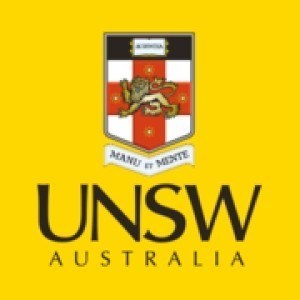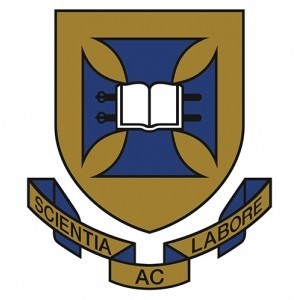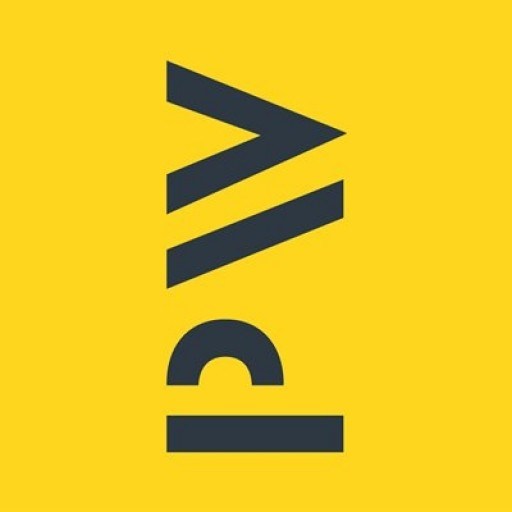Photos of university / #uow
The Bachelor of Health and Society at the University of Wollongong offers students a comprehensive understanding of the complex interactions between health, society, and individual well-being. This innovative program is designed to equip students with the knowledge and skills necessary to analyze the social determinants of health, evaluate health policies, and develop solutions to contemporary health issues affecting diverse populations. Through a multidisciplinary approach, students will explore topics such as public health, health promotion, social justice, healthcare systems, and the impacts of cultural, economic, and environmental factors on health outcomes.
The curriculum combines theoretical frameworks with practical applications, encouraging critical thinking and problem-solving skills relevant to health and social policy development. Students will have opportunities to engage in community-based projects, internships, and research activities that enhance their understanding of real-world challenges in health and society. This program aims to prepare graduates for careers in health promotion, policy analysis, community development, research, and advocacy, as well as for further studies in health sciences or social research.
Throughout their studies, students will develop essential skills in communication, teamwork, and empirical research, enabling them to work effectively across sector boundaries and within diverse cultural contexts. The program also emphasizes ethical considerations and social responsibility in health practice and policy-making. With a flexible structure and a variety of elective courses, students can tailor their studies to align with specific interests such as Indigenous health, global health, or mental health.
Graduates of the Bachelor of Health and Society will be well-positioned to make meaningful contributions to the improvement of health outcomes at local, national, and international levels. They will gain an in-depth understanding of how social factors influence health disparities and learn how to implement evidence-based strategies to promote health equity. By fostering a dynamic learning environment, this program prepares students to become informed, compassionate, and proactive contributors to the health and well-being of society.
The Bachelor of Health and Society at the University of Wollongong offers a comprehensive curriculum designed to explore the complex and evolving relationships between health, society, and cultural practices. This degree provides students with a broad understanding of how social, cultural, economic, and environmental factors influence health outcomes and healthcare systems across diverse populations. The program combines theoretical knowledge with practical skills, preparing graduates to contribute meaningfully to public health initiatives, policy development, community engagement, and health promotion activities.
Throughout the course, students will examine key issues such as health inequality, social determinants of health, health communication, and the impact of globalization on health practices. They will engage in interdisciplinary learning, drawing insights from sociology, anthropology, public health, and policy studies, to analyze real-world health challenges and develop effective strategies for intervention. The curriculum emphasizes critical thinking, research methodology, and ethical considerations in health practices, equipping students with necessary tools to work ethically and effectively in various health-related sectors.
The program also offers opportunities for practical experience through internships, community projects, and collaborations with health organizations. These hands-on activities enable students to apply their academic knowledge in real-world settings, fostering skills in program planning, evaluation, and community consultation. Graduates of the Bachelor of Health and Society are well-prepared for careers in public health agencies, non-governmental organizations, healthcare administration, policy development, and research institutions.
In addition to fostering a global perspective on health issues, the program encourages students to develop cultural competence and communication skills essential for working effectively within diverse communities. The curriculum is continuously updated to reflect current trends, challenges, and innovations in the health sector, ensuring students receive relevant and practical education. By combining theoretical insights with practical applications, the Bachelor of Health and Society aims to produce graduates who are informed, ethical, and proactive contributors to improving health outcomes locally, nationally, and globally.
4-year Undergraduate degree with WAM 65+ or GPA 3 out of 4. Course Work Pros with WAM 65+ or GPA 3 out of 4. Applicants for the PhD integral have been encouraged to speak to the Head of Postgraduate Research (HPS) in their field area to obtain advice relating to potential research topics and managers. The HPS will even offer advice on the content and style required because of his or her research proposal. HPS contacts are seen in www.uow.edu.au/research/rsc/prospective/index.html.
The University of Wollongong offers various financing options for students enrolled in the Health and Society program. International students are required to demonstrate sufficient funds to cover their tuition fees, living expenses, health insurance, and other associated costs for the duration of their studies. The university provides detailed information regarding tuition fee schedules, which are payable per semester or year, depending on the program structure. For domestic students, government-subsidized options, such as HECS-HELP, may be available, reducing the financial burden by allowing students to defer their tuition fees.
In addition to government assistance, students can access various scholarships and bursaries based on academic merit, financial need, or specific criteria related to health and social sciences. The university's dedicated financial aid office offers guidance on eligibility and application processes for these financial support options.
Students are also encouraged to explore external scholarships, grants, and sponsorships offered by government agencies, private organizations, and non-profit foundations dedicated to health promotion and social services. The university provides resources and counseling to help students identify suitable funding sources and to prepare competitive scholarship applications.
Living expenses in Wollongong are moderate compared to larger Australian cities, and students are advised to budget for accommodation, transportation, textbook purchases, health insurance, and personal expenses. The university provides estimated cost of living figures annually to assist students in financial planning.
Part-time work opportunities are available for enrolled students, often during semester breaks or within the university campus, which can help offset living expenses. International students are permitted to work a limited number of hours per week under their visa conditions, which can contribute to their financial stability during their studies.
The university's finance department maintains transparent policies regarding fee payments, late fees, and refund procedures. Students are encouraged to initiate financial planning early by consulting university resources, signing up for financial workshops, and maintaining regular communication with the student administration office for any support or clarification needed.
Overall, the University of Wollongong provides comprehensive financial options and support services to facilitate access to quality education in Health and Society, ensuring that students can focus on their academic and professional development without undue financial hardship.
The Bachelor of Health and Society at the University of Wollongong is designed to provide students with a comprehensive understanding of the social, cultural, and policy aspects that influence health outcomes in contemporary society. This interdisciplinary program combines insights from health sciences, social sciences, and humanities to prepare graduates for diverse roles in health promotion, policy development, community work, and research. Throughout the course, students explore topics such as health inequalities, public health intervention strategies, social determinants of health, and health systems analysis, enabling them to address complex health issues in both local and global contexts. The program emphasizes practical skills through project work, internships, and community engagement, facilitating real-world experience and fostering critical thinking. Graduates are equipped to work in government agencies, non-governmental organizations, healthcare settings, and research institutions, contributing to efforts aimed at improving health standards and reducing disparities. The curriculum is regularly updated to reflect current trends and challenges in the health sector, ensuring students receive relevant and high-quality education. With a focus on ethical considerations and cultural competence, the program aims to prepare students for the diverse and dynamic landscape of health and social services. The University of Wollongong's strong links with industry partners and community organizations provide valuable networking opportunities and pathways for employment after graduation. Overall, the Bachelor of Health and Society offers a solid foundation for those passionate about making a difference in the health and wellbeing of communities through innovative, equitable, and sustainable approaches.









